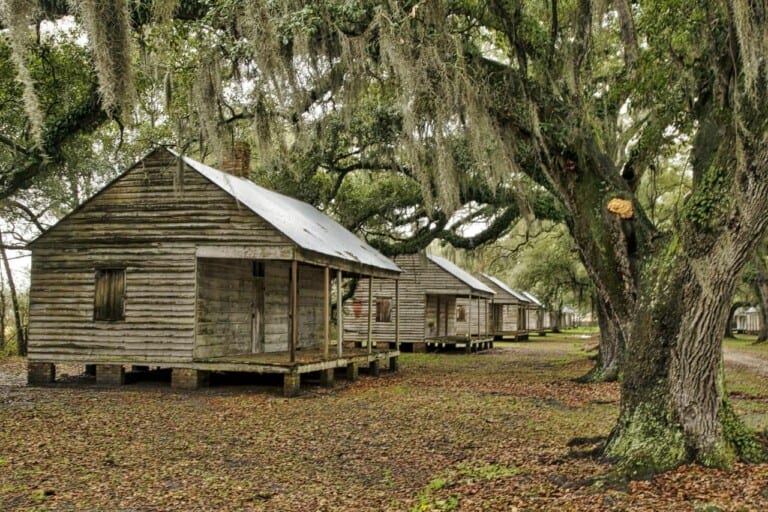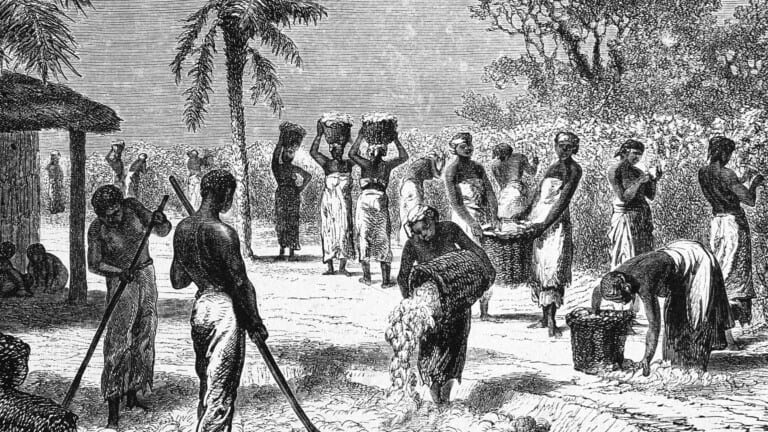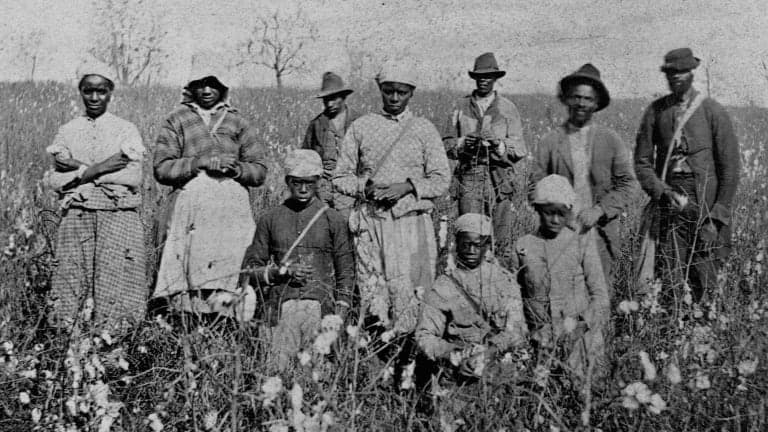Introduction
Most slaves were forced to work long hours under close supervision. Most slaves could rely on their masters for basic welfare: clothes, food, and shelter.
On many plantations, slaves grew their gardens and some even enjoyed a few holidays or received some rewards.
Subjugation and resistance
Concerning the problem of subjugation, the slaveholders tightly circumscribed the world of their slaves: they had to carry passes with them when they were off the plantation and were forbidden to go out at night.
There were slave patrols, vigilant in finding offenders. Punishment was severe and quick.
As a means to prevent communication, the Slave Code forbade teaching slaves how to read and write; but about 10% of the slaves risked punishment to achieve literacy: the ability to read and write was understood to be the key to freedom.
Concerning resistance, the degree to which slaves resisted their subjugation reinforced the police state (1831: Nat Turner’s rebellion). Either they resisted or ran away.
A successful escape was very difficult. Despite the number of punishments, there were always runaways willing to take the chance of escaping and reaching the North.


